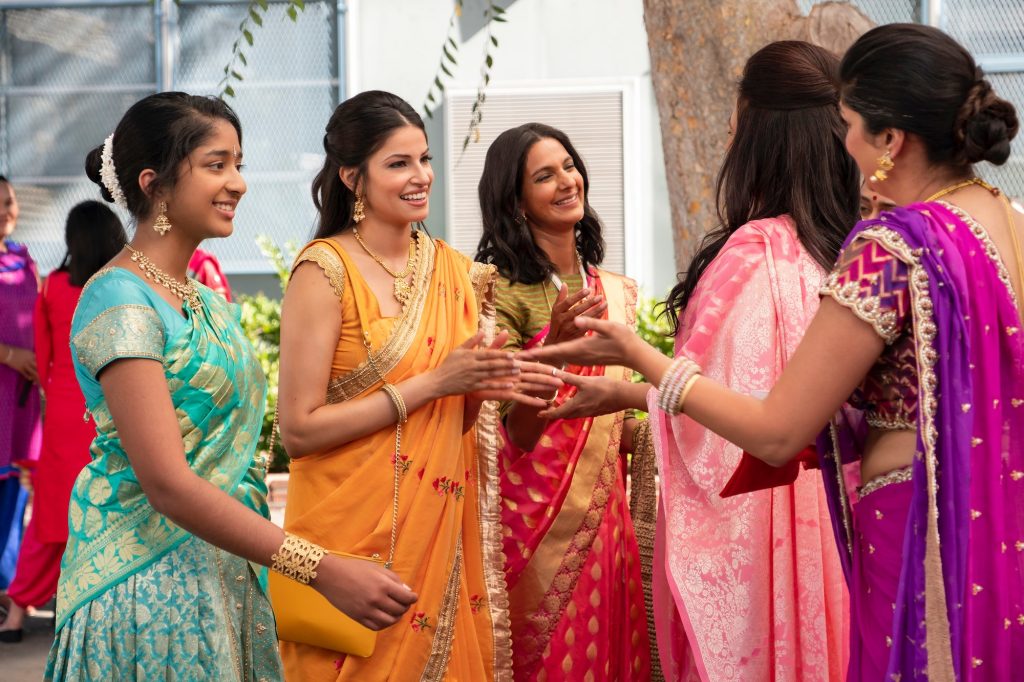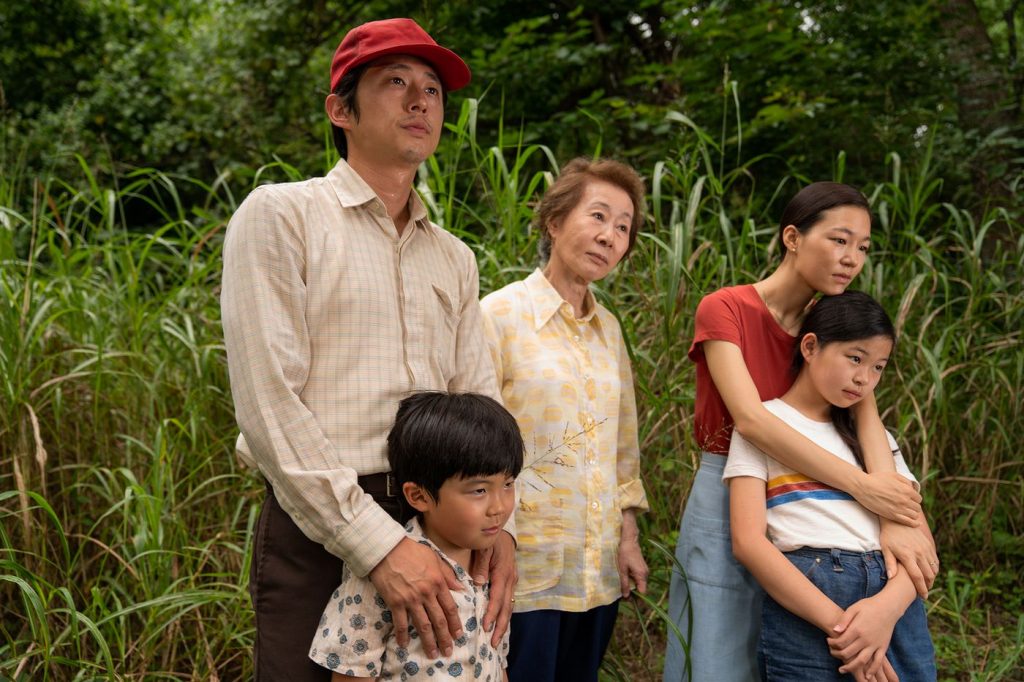By Pui Kuan Cheah
February 9, 2020. The Dolby Theatre in Hollywood. Hollywood legend Jane Fonda is stood onstage, opening the envelope to reveal the winner of the final Oscar of the night. She takes a long look at the envelope, and after a brief suspenseful pause, she announces:
“Parasite.”
The roar of the crowd immediately follows – this is the win many were hoping for, but it still wasn’t certain at this point that the Academy would pick the already-historic Korean film. But now it was official. Bong Joon Ho’s comedy-thriller was officially the first non-English language film to snag the coveted Best Picture Oscar.
So amongst the sigh of relief at the time as the Academy of Motion Picture Arts and Sciences (AMPAS) seemed to be heading in the direction of greater inclusivity that it had always been criticised for, has Hollywood as a whole really been more forthcoming with Asian content and creatives? From an audience point of view, looking back on the past year it has seemed so.
About 2 months after Parasite‘s momentous achievement at the Oscars, we saw the Netflix comedy series Never Have I Ever be welcomed with open arms by viewers. Centered around the story of a first-generation Indian-American teenager, this show was helmed as a refreshing take on the coming-of-age genre. With a South Asian lead, main character Devi’s story wasn’t just about her encounter with the many frequently seen problems that come with being a teenager, but it was delightfully weaved in with some insight into Hindu culture (there’s a whole episode centered around the religious festival Ganesh Puja). Alongside this was a commentary on the experience of being a first-generation immigrant, which I’m sure many Asian Americans – at times probably not just those of South Asian descent either – could relate to.

At the time of writing, we’re closing in on awards season in Hollywood, which had been pushed back due to the coronavirus pandemic. In the forefront of it all, we have Chinese director Chlo├® Zhao, who also wrote, produced, and edited the acclaimed Nomadland. With a whole host of wins and nominations for this project thus far, she has notably already garnered nominations for this film for directing and screenplay at the Golden Globes, as well as the Film Independent Spirit Awards.
Zhao’s exciting year doesn’t stop there, as she also directed the upcoming Marvel Cinematic Universe instalment Eternals, featuring a diverse set of actors set to share the screen – including British-Chinese Gemma Chan, Pakistani-American Kumail Nanjiani, and Korean-American Ma Dong-seok. Within the same universe, we can also look forward to Shang-Chi and the Legend of the Ten Rings set to be released a few months before Eternals. Leading the predominantly East-Asian cast is Chinese-Canadian Simu Liu, together with iconic actors Tony Leung and Michelle Yeoh. Oh, and not forgetting the new series Ms Marvel which will be introducing Pakistani-American character Kamala Khan to the cinematic universe, starring Canadian newcomer Iman Vellani in the leading role.
Speaking of awards season this year, we also have the beautiful film Minari, about a Korean-American family moving to Arkansas, directed by Lee Isaac Chung. Similar to the achievement of Never Have I Ever, Minari brings to the spotlight another facet of the immigrant experience in the United States, as well as the deal with the ‘American Dream’. While the two offer different perspectives, they both allow audiences who are not or have never been in that position to empathise with people who continue to go through these situations. A lot of discussion around diversity in Hollywood productions is focused on visibility of these Asian minorities and their experiences, and these two projects are examples of what this looks like.

Possibly as a result of all the racially-charged discourse that took place throughout 2020, Hollywood decided to cement its diversity and representation goals through the rules of eligibility for awards season. In September 2020, the Academy set out guidelines inspired by the British Film Institute (BFI)’s standards, however strict implementation of these eligibility guidelines only come into force in 2024.
Nonetheless, there is effort being made by bigger players in the industry to push for greater inclusivity of minorities, and some effort is better than none. The past year after Parasite’s win has seen heightened recognition of ethnic-minority talents, and we can hope that this continues to be the case in the long run. It’s set to be an exciting year ahead for Hollywood, and so far these Asian creatives have undoubtedly trumped any hesitations about Asian talent in the industry.


